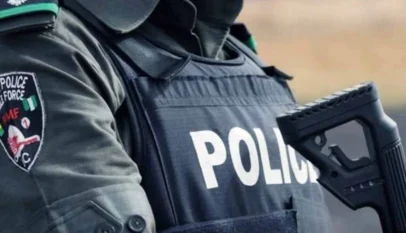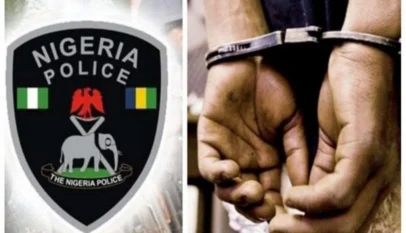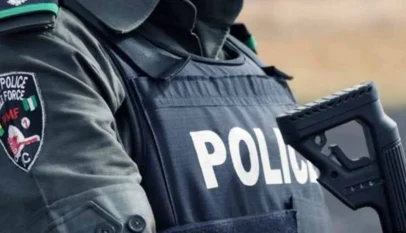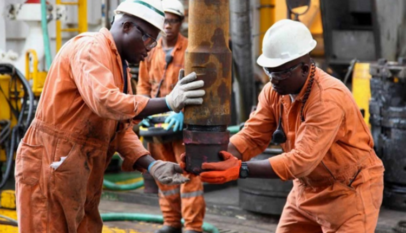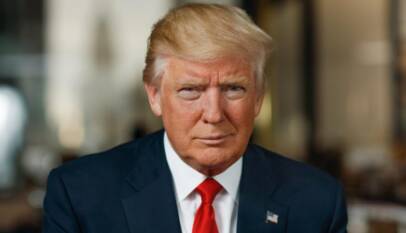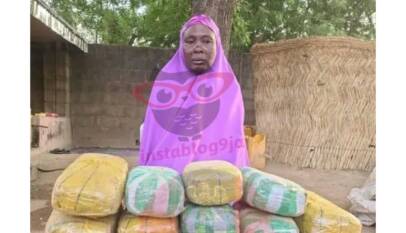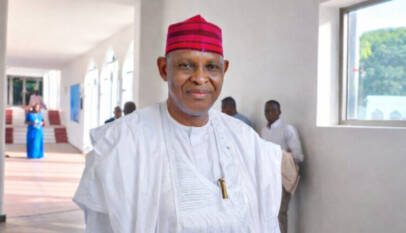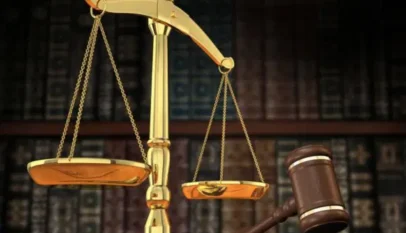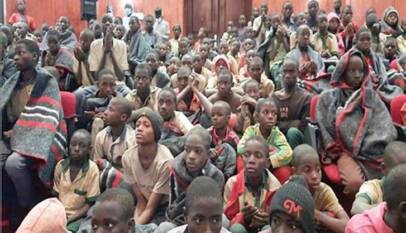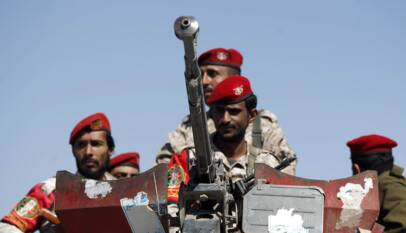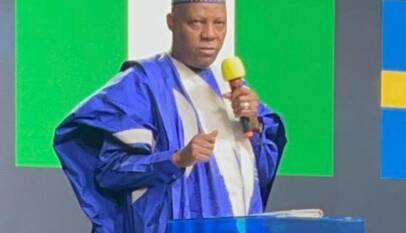By Gabriel Efe, Guest Writer
In recent weeks, Nigeria has witnessed a deeply unsettling event: a group of minors taken to court for protesting against governance issues. This incident, while quickly garnering public sympathy and calls for their release, unveils a web of underlying concerns that our society cannot afford to overlook. From lapses in parental guidance to questionable government processes and the potential manipulation of youths by those with political motives, this situation compels us to ask: Are we, as a nation, doing enough to protect our young people from becoming pawns in a system often guided by vested interests?
1. Parental Care and Responsibility: Where Were the Adults?
It’s easy to focus on the children who took to the streets, but equally important is the question of how they ended up there in the first place. Where were the adults in their lives—the parents, guardians, teachers—when these minors decided to join a political protest?
Children, especially those of impressionable age, rely on guidance from the adults around them to help shape their understanding of society and their role within it. When we see minors becoming politically active in ways that expose them to harm or legal consequences, we have to ask if the appropriate guidance was there to begin with. This isn’t to say young people don’t have the right to voice their opinions. However, there’s a need to distinguish between constructive engagement and children being thrust into situations they may not fully understand, often with the encouragement or manipulation of those with agendas far removed from the welfare of these minors.
Parental responsibility goes beyond providing food, shelter, and education. It includes ensuring that children are kept safe from becoming tools in the hands of political players or anyone who may wish to exploit them for other motives. As a society, we need to reflect on the broader community standards that allowed this to happen—and ask how we might better support families in guiding young people responsibly.
2. A Misstep in Legal Processes: Why Were Children Tried in a General Court?
Another disturbing aspect of this case is the handling of these minors by the legal system. By bringing them before a general court rather than a juvenile court, where cases involving children are typically handled, we see a worrying misalignment between legal processes and the rights of young people. Juvenile courts are designed to consider the unique circumstances of minors, aiming for corrective rather than punitive measures, and involving specialists trained to deal with cases involving youth.
The decision to bring these children before a general court not only exposed them to potentially traumatizing experiences but also reflected poorly on the administration of justice in cases involving young people. This process raises critical questions: Was due process observed? Were the psychological and developmental needs of these minors taken into account? By bypassing the juvenile court system, the government has set a precedent that disregards the legal protections specific to minors.
3. The Presidential Intervention: A Gesture of Compassion or a Band-Aid on a Deep Wound?
President Bola Tinubu’s swift call for releasing these minors might seem a compassionate gesture, aimed at restoring public confidence and shielding the administration from further criticism. However, this move raises fundamental questions. Beyond the immediate relief it offers the families, we must ask: What lasting impact does such intervention have if it merely sidesteps rather than addresses the deeper systemic issues that allowed this situation to unfold?
Firstly, why was the President involved in an ongoing judicial process? When the executive branch can unilaterally override judicial proceedings, it risks destabilizing the essential separation of powers and undermines public trust in our legal system’s impartiality. While compassion for the youth involved is necessary, it should come through fair legal processes, not through ad-hoc presidential intervention. A system that allows any individual, especially minors, to be released at the discretion of the President raises the risk of selective justice—a dangerous precedent that could influence future cases based on political rather than legal principles.
This approach falls short of creating real change. Without a structured, rights-focused framework that prioritizes minors’ welfare and respects judicial independence, the issue remains unsolved. Protecting children from exploitation and respecting due process must be at the forefront of our national values. Instead of reactionary gestures, the government must work to establish preventive measures that shield children from becoming political pawns and ensure that justice is carried out fairly and transparently.
4. The Need for Protective Structures: Safeguarding Youth from Political Manipulation
If we are serious about safeguarding our children, we need to establish robust protections that prevent their exploitation by individuals or groups with political motives. We should consider setting up educational programs that foster critical thinking and teach young people about safe, constructive avenues for civic engagement. Equally, there should be stronger laws and penalties against adults who encourage or manipulate minors to engage in potentially dangerous political activities.
The government, too, has a role in creating a legal framework that prioritizes the well-being of young people. In cases where minors are found participating in civil disobedience or protest, there should be a clear, humane process within the juvenile justice system to address these incidents constructively. This process should be rooted in rehabilitation, providing minors with guidance rather than punishment, and above all, respecting their rights as children.
Conclusion: Building a Future Where Children are Protected, Not Exploited
This case has exposed the gaps in Nigeria’s approach to youth welfare, legal processes, and political accountability. If we truly care about our children’s futures, we must hold ourselves and our systems accountable. Parents, schools, and communities must give young people stronger, more responsible guidance. The government, in turn, should ensure that children are treated as children by the legal system, with their unique needs and vulnerabilities taken seriously.
President Tinubu’s call for release is a step, but it is far from enough. What is required now is a commitment to long-term reforms that prevent minors from becoming cannon fodder for political or social agendas. Only by building such structures can we ensure that Nigerian children are protected, empowered, and truly free to pursue their futures without fear or exploitation.


